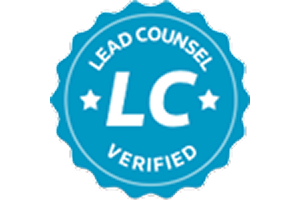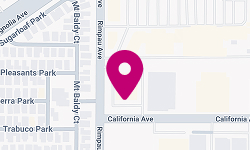Wrongful termination is when a company fires you for illegal, unlawful, or legally unauthorized reasons. These include reasons that violate federal, state, or local laws or breach the terms of an employment agreement. Sometimes wrongful termination occurs because of leave of absence violations in Orange County. If that happens to you, our employment attorneys in…
Continue reading ›Bruises to Benefits™
Throughout Orange County, the Inland Empire, and Southern California

























